It is trash day and you have a few cans on your curb waiting to be picked up. Think about all the things that go into your garbage can. Perhaps some of those things include lawn clippings, leftovers from meals over the last week or other organic materials. Many people have found that a compost bin is the most economical and environmental solution to getting rid of their organic wastes while providing their gardens with highly nutrient soil.
We can look at communities across the country for examples of success. Nantucket, an Island in Massachusetts, began their move toward zero waste about a decade ago. Read more about how they used composting to stop their community’s production of waste.
Composting is a simple process which involves a pile or bin where all organic waste (leaves, lawn clippings, kitchen scraps and other organic materials) is collected, mixed and moistened regularly. This mixture is then used as nutrient rich soil for gardening. Here are a few tools you will need before getting started:
Tools:
- Pitch Fork or Turning Fork – to mix your compost.
- Shovel – to transfer your compost to your garden cart.
- Garden Cart – to transport your compost to your garden.
- Compost Thermometer (optional) – to check the core temperature of your compost pile.
Some specific examples of materials to include in you compost are:
Green Materials:
- Fresh Grass clippings
- Fresh manure (horse, chicken, rabbit, cow, etc.)
- Kitchen scraps (fruit, vegetables, coffee grounds, tea bags)
- Green leaves
Brown Materials:
- Brown, dry leaves
- Dried grass
- Straw
A good mixture of four parts “browns” to one part “greens” will produce the best results. Regular mixing and moistening will encourage decomposition of the materials with air flow and insects. Having great composting ready for the garden will take several weeks.
For more tips and advice about composting, contact Adams Gardens at 208.461.6101.
